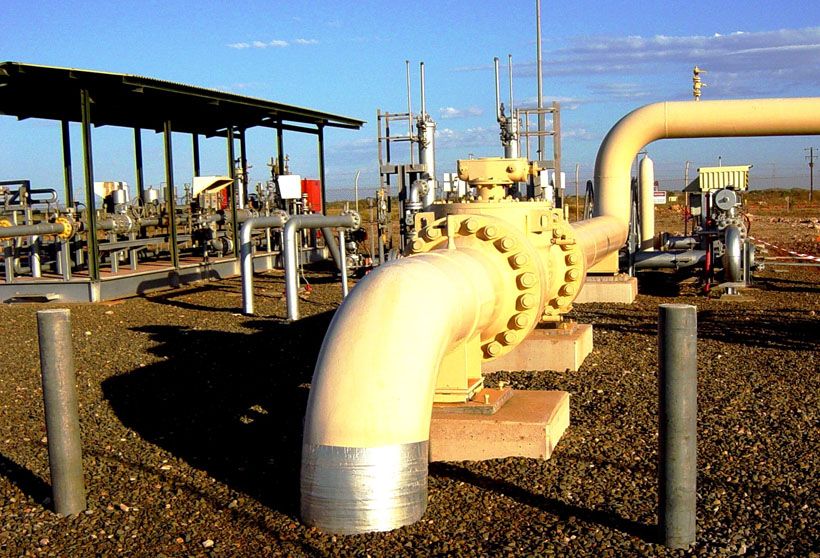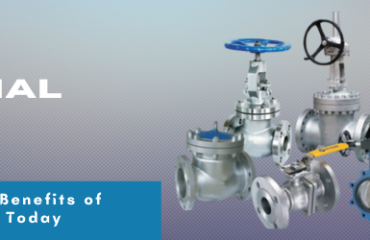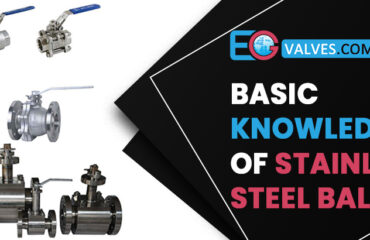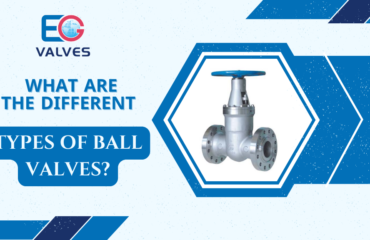With the development of the natural gas pipeline industry, natural pipeline valve china is now being used more and more. But the natural pipeline valves are different from the general valves. There are five main differences as below:
<1> Operations require faster, Automatic shutdown is a must.
Normally the operator is in the faraway station or in the central control room, thus requiring pipeline valves can automatically cut off, in case of pipe ruptures or other accident occurs. Pipeline valves require a small operating force so that they can achieve accurate operation even the temperature and the external force change.
In particular, an emergency cut-off valve must be able to remain in the fully open position and, if necessary, it can quickly cut off the pipeline. Meanwhile, the Open/Close and position indicator need to be accurate and understandable, and it can meet the appropriate switching speed.
<2> Actuator has an explosion-proof function and its output torque will be greater.
Due to the high-pressure transmission, large diameter, and fast switching time, the pipeline valves need to adopt high-torque actuators. Such as electric or pneumatic actuators, gas-liquid interaction actuators, or electric-liquid interaction actuators, which should also have an explosion-proof function. For example, requirements EExdIIBT4, protection class IP68.
<3> Low leakage
Most of the natural gas pipeline network is built on the edge of the city, its management and operation are not like in ordinary factories where workers can often operate, maintain and inspect.
Now the length of the gas pipeline is common in hundreds of kilometers or more, only regular patrols and inspections can be arranged, and sometimes it needs to go through a complicated region, and media leaks could result in serious fire accidents. Especially those closest to the city, thus preventing leakage of the valve is particularly important. Gas pipeline valve leakage requirements are very strict, usually buried valves and important industrial valves need to adopt an all-welded body structure. In order to ensure the sealing performance of pipeline valves, sealing materials need to have excellent corrosion resistance, wear resistance, self-lubrication, and elasticity.
In recent years, with the development of polymer materials, pipeline valve china sealing materials have more options, such as Teflon/PTFE, nylon, acrylonitrile-butadiene rubber (NBR), and special synthetic rubber (VITON), etc.
<4> Corrosion-resistant material
The natural gas (transmitted in the pipeline) before the desulfurization treatment contains a lot of hydrogen sulfide. (This is a highly toxic and corrosive gas, it will produce iron sulfide after meeting iron, and the iron sulfide will flake off, causing corrosion of mechanical equipment.
Even the natural gas after the desulfurization treatment, there are still remnants of hydrogen sulfide. Therefore, the pipeline valve requires the use of corrosion-resistant sulfur materials.
<5> Long service life
Once the pipeline is put into operation, is not allowed to stop running within a few years. So the longer service life the better. Unlike most chemical plants or refineries which have overhaul periods. Pipeline transportation of natural gas faces a large number of users throughout the whole city, residents, enterprises, and factories, especially enterprise users of natural gas as raw material, can not allow a moment of interruption. Once working pipeline valve failure occurs, the consequences would be disastrous. Therefore, the main pipeline valve seal wearing parts such as seat parts will require long service life.
Under normal circumstances, the pipeline valve used in the trunk line requires a service life of more than 30 years.




